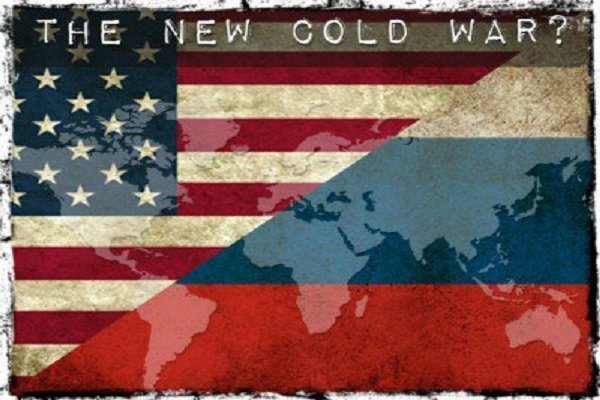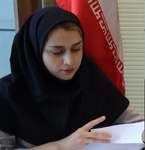In an interview with the American television network NBC in March, Russian President Vladimir Putin called the alleged meddling of 13 Russian nationals in the 2016 American Presidential election “not linked” to the Kremlin. Putin said that his government is not liable for the millions of Russians living across the world suggesting that the election meddlers may not even be Russian. "Maybe they are not even Russians, but Ukrainians, Tatars or Jews, but with Russian citizenship. Maybe they have dual citizenship or a green card. Maybe the US paid them for this which should also be checked," he said.
He, too, affirmed that if the Russian government is asked to run an investigation on the issue, the American government has to formally put in a request for it and that shouldn’t come through media propaganda and speculations by members of the US Congress.
What is worth noting here is that there are two words in Russian for what English speakers call "Russians": Russki means belonging to the Russian people and Russic, which translates as Russian citizens who may not be Russians. Putin’s English translator in the interview seems to have deliberately or inadvertently ignored the difference between the two words.
Following Putin’s interview, Jewish groups criticized the Russian president of “anti-Semitism” for his comment.
Jonathan A. Greenblatt, CEO of the Anti-Defamation League (ADL), an international Jewish non-governmental organization always looking for anything allegedly “anti-semitic”, said: “President Putin bizarrely has resorted to the blame game by pointing the finger at Jews and other minorities in his country,” adding that “It is deeply disturbing to see the Russian president giving new life to classic anti-semitic stereotypes that have plagued his country for hundreds of years."
Greenblatt suggested that Putin’s comments sounded as if it was ripped from the pages of the “Protocols of the Elders of Zion,” a text that, according to the New York Times, was mentioned in Russia numerous times in the 19th century as anti-Semitic propaganda.
The current story began with the assassination attempt of a Russian spy in the British Secret Intelligence Service (MI6) and his daughter who were found unconscious on a bench in Salisbury, UK. Sergei Skripal and his daughter Yulia were allegedly poisoned with military-grade nerve gas on March 4.
Sergei Viktorovich Skripal was a former Russian military intelligence officer who acted as a double agent for the UK's intelligence services during the 1990s and early 2000s. In December 2004, he was arrested by Russia's Federal Security Service (FSB) and later tried, convicted of high treason, and imprisoned. In December 2004. He settled in the UK in 2010 following the Illegals Program spy swap.
An alleged assassination bid on British soil is a major problem for Prime Minister Theresa May's government and May herself, who is pointing the finger at the Russian government and doing quite a bit of grandstanding about the incident.
On March 12, Prime Minister Theresa May claimed it was "highly likely" that Russia was to blame, after Britain identified the substance as a type of nerve agent developed by the Soviet military. But Britain has the nerve agent, too, and the primary lab for making deadly chemicals is just eight miles from Salisbury. No proof has been offered to pin the deed on Russia.
London has asked Moscow to explain the use of a military-grade nerve agent for the poisoning in England of Skripal and his daughter and UK police and the Security Service (MI5) said that they were pursuing 14 suspicious death cases that may lead to the Russian government.
The recent developments in the US and Britain seem quite coordinated and organized, suggesting that the West is likely to foment a "new Cold War" that targets Iran and Russia. This is an extremely dangerous gambit.
MNA/TT


























Your Comment